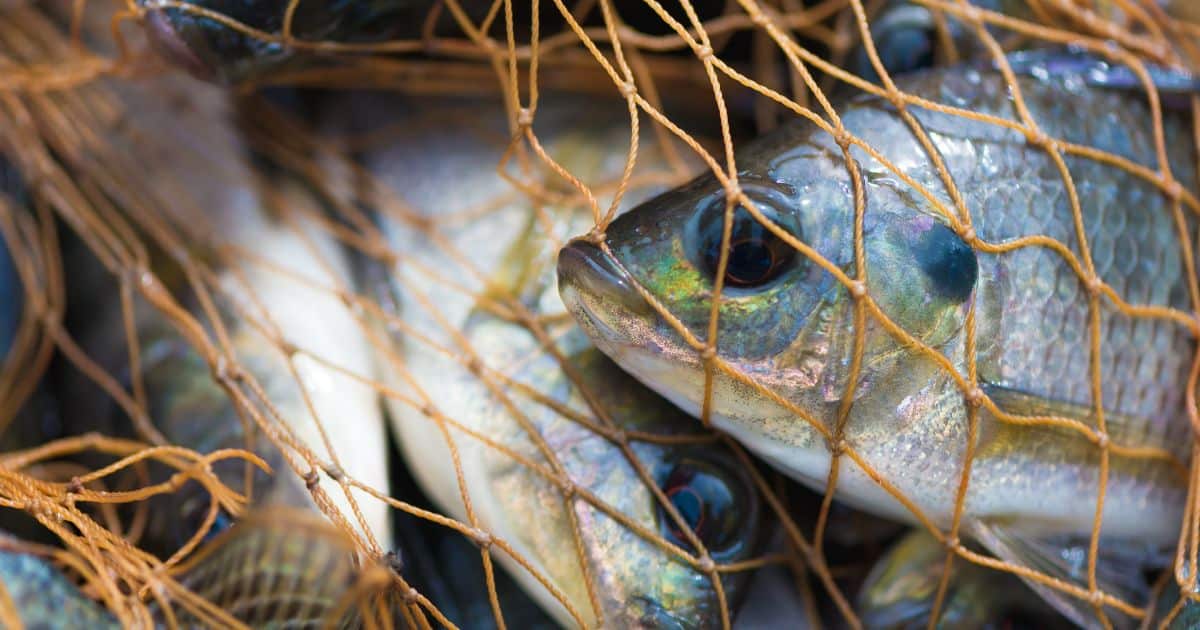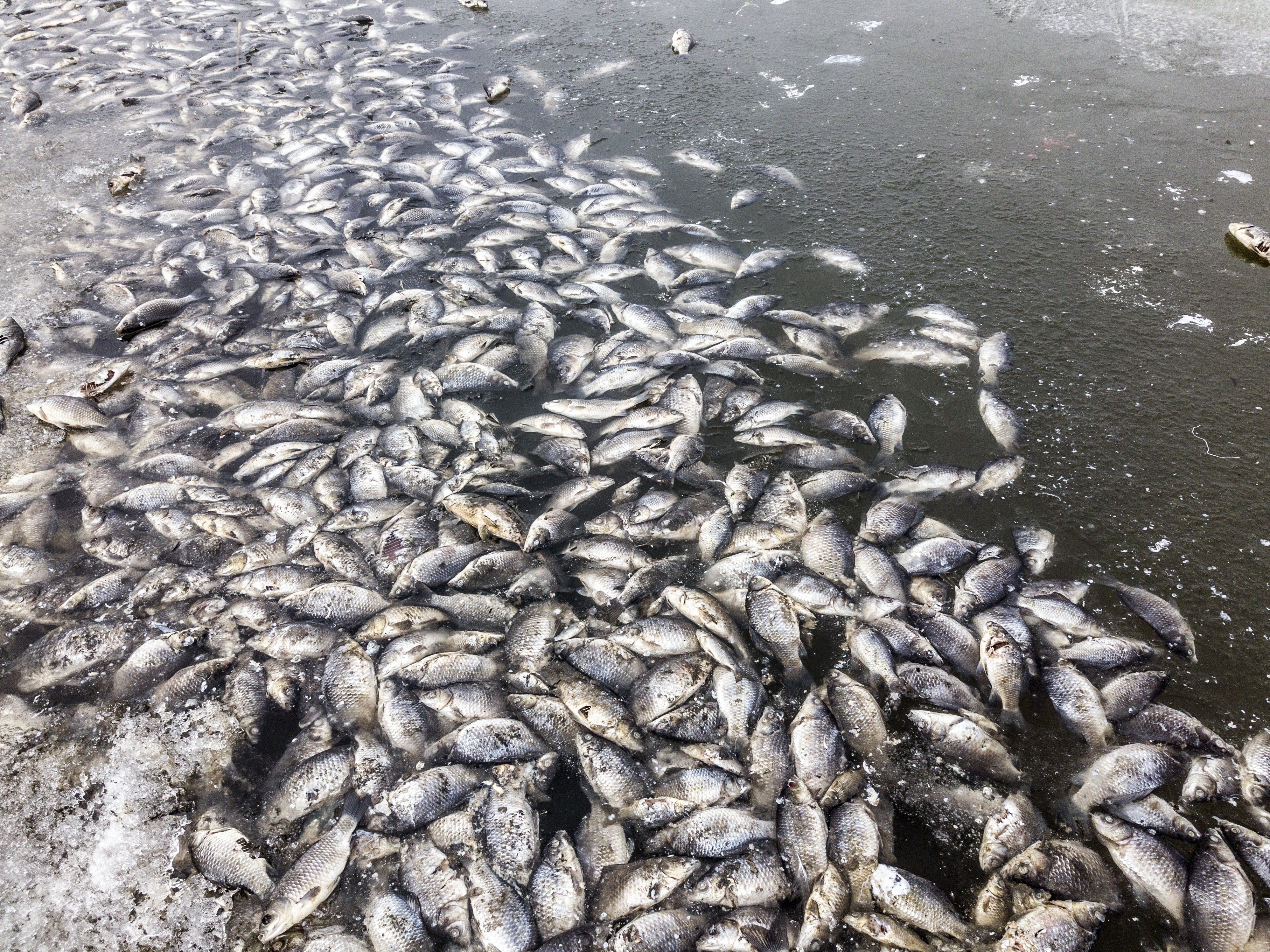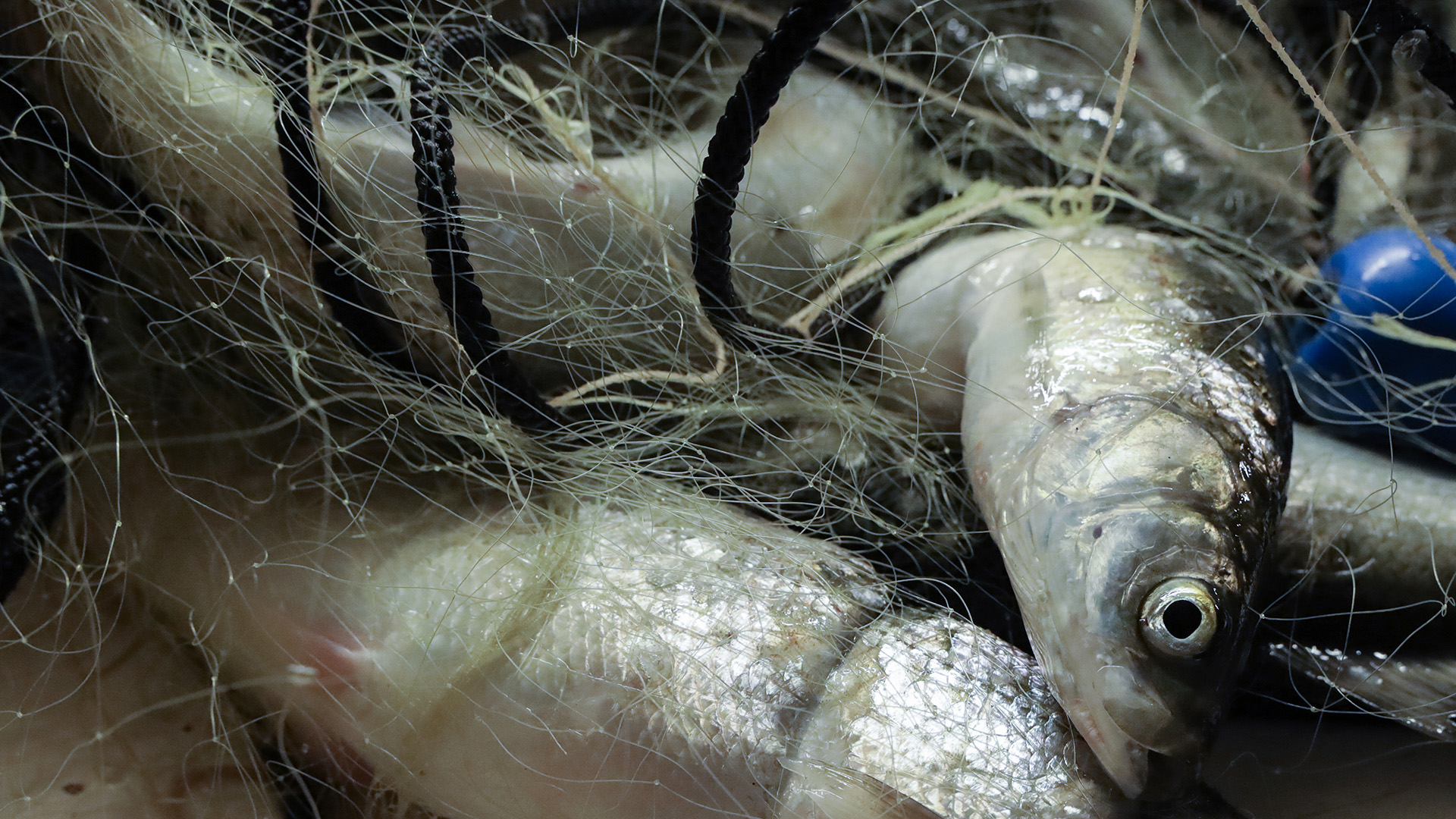Audits find gaps in seafood controls in Iceland

Iceland has been encouraged to improve formal controls on shellfish and fish products and solutions.
An audit in Could 2022 appeared at hygiene controls of fishery items and fish oil for human usage. An additional in August and September protected live bivalve mollusks, including blue mussels.
Iceland is a significant producer of fishery items. The most important export markets are the United States, United Kingdom, China, and some European member states.
Iceland is in the European Free of charge Trade Association (EFTA). The EFTA Surveillance Authority (ESA) displays how the region implements European Economic Location (EEA) procedures on foods and feed protection as very well as animal health and fitness and welfare.
The first audit uncovered the official control process is chance-centered and controls are in line with proven frequencies. Nevertheless, there was a deficiency of controls on landing sites, and the checklist of registered vessels utilised to approach the checks was inaccurate. Auditors mentioned that authorities have to have to make sure that all applicable formal controls are carried out and documented.
From 2019 to 2021, there were four RASFF stories about fish merchandise from Iceland. They worried Listeria monocytogenes in smoked salmon in 2020 and Anisakis parasites in cod two times in 2020 and once in 2021.
Examples of troubles identified
The audit team famous that sure vessels exceeding 1,000 tons had not been inspected annually from 2018 to 2022, contrary to Iceland’s chance-based procedure for formal controls.
“This sales opportunities to some vessels not getting inspected as essential and an greater threat that unsafe fishery products and solutions are currently being positioned on the sector,” mentioned the report.
They also located a absence of training in HACCP audits improves the probability that incomplete or partly working HACCP systems are permitted to operate.
In one circumstance, auditors saw that an institution obtained conditional acceptance with some structural issues still exceptional. A year later on, immediately after acquiring acquired remaining approval, these complications had not been fixed. In a different scenario, a newly accepted web site producing completely ready-to-take in food items was granted ultimate approval without a evaluate of the HACCP procedure. Auditors also discovered shortcomings in formal controls carried out to evaluate adjustments in processes, new machines, or amenities of existing accredited institutions, meaning sites can keep on being permitted when no more time assembly lawful prerequisites.
At a person plant, fish that experienced fallen off the output line on to the floor was picked up and put specifically back again on the line. This was tackled by MAST inspectors all through the go to.
There was no documented evidence that official controls bundled organoleptic examinations or checks for parasites and some firms could not confirm they had been performing these checks. Both of those of these aspects enhance the chance of unsafe fish solutions getting introduced to market, said auditors.
The Icelandic Food items and Veterinary Authority (MAST) mentioned it would attract up a strategy of official command of fishery products and solutions for 2023-2025, covering organoleptic examinations, freshness indicators, histamine, residues and contaminants, microbiological checks, and parasites. The company began altering the firm of controls in October 2021 and this was envisioned to be total by the stop of 2022.
Adhere to-up mollusk evaluation
In the 2nd audit, ESA found that not more than enough development experienced been designed considering the fact that a past visit. A 2019 audit concluded Iceland could not assure mussels on the market were being secure to try to eat.
Three of six former tips had been addressed. There were advancements in sampling and analyses of phytoplankton and maritime biotoxins but the frequency was not ample.
Dwell bivalve mollusks were being placed on the industry by a producer with a valid harvesting authorization but who experienced bought them from yet another producer whose authorization experienced been revoked in 2021 because of significant cadmium ranges. This means mollusks harmful to consumers’ wellness were being deliberately placed on the marketplace. MAST had only recently turn into informed of this and steps to address it had been ongoing at the time of the audit.
Another producer had put bivalve mollusks on the current market 5 moments through 2021 when he did not keep a valid harvesting authorization. In accordance to calculations of the MAST inspector, at the very least 500 kilograms of these mollusks have been bought in 2021, seriously jeopardizing consumer health. No enforcement actions had been taken in opposition to the firm and the producer did not apply for harvesting authorization in 2022.
Auditors claimed findings affirm authorities have not set up a system of formal controls adequate to protect against this kind of non-compliances. If they experienced taken sufficient actions to tackle tips created in the 2019 audit, these complications could have been prevented.
Worries were being also elevated about the reliability of success for maritime biotoxins from a Swedish lab.
(To signal up for a absolutely free membership to Foodstuff Safety News, click here.)







